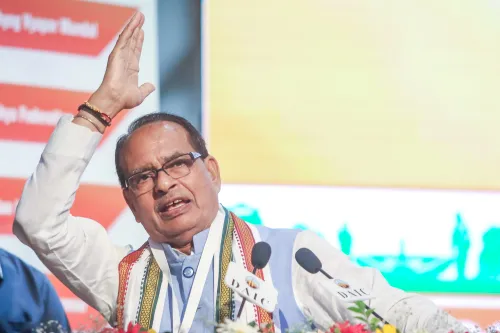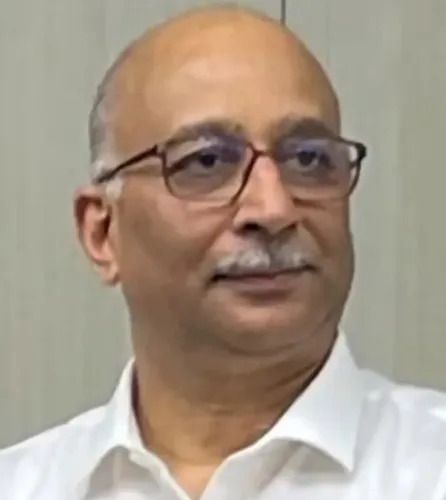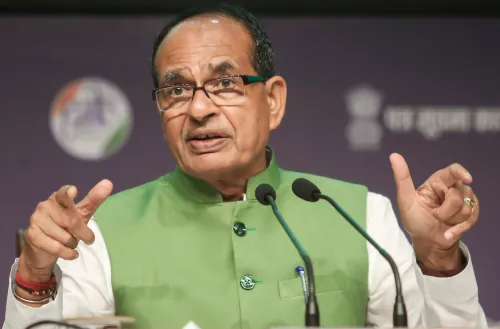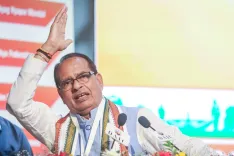How is the Govt Training 1,000 Underserved Youth in Future-Ready Automotive Tech?
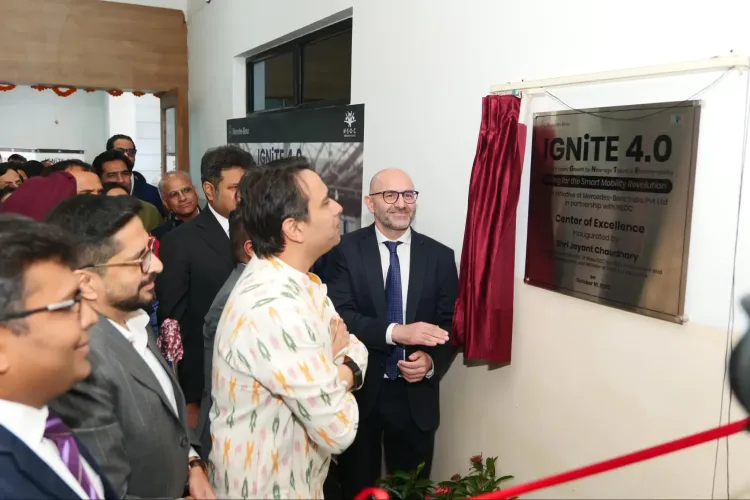
Synopsis
Key Takeaways
- IGNiTE 4.0 program aims to train 1,000 underserved youth.
- Focus on future-ready automotive technologies, especially EVs.
- 30% participation of women is a key objective.
- Training is aligned with National Skill Qualification Framework.
- Job roles include Electric Vehicle Service Assistant and more.
New Delhi, Oct 10 (NationPress) The National Skill Development Corporation (NSDC) has recently introduced the IGNiTE 4.0 initiative, designed to equip 1,000 economically disadvantaged youth with skills in advanced automotive technologies of the future.
IGNiTE 4.0 is a joint effort between the National Skill Development Corporation and Mercedes-Benz India. The government aims to create employment for 45 million individuals in the mobility sector, including 9 million in the electric vehicle ecosystem, as stated by Minister of State (Independent Charge) for Skill Development and Entrepreneurship, Jayant Chaudhary, during the memorandum signing ceremony with Mercedes-Benz India.
This program specifically aims to develop skills in future-focused automotive technologies, particularly in Electric Vehicles (EVs) and Industry 4.0, while ensuring that at least 30 percent of participants are women.
The 12-month program will be executed by Kedman Skilling Private Ltd and will align with the National Skill Qualification Framework (NSQF), with assessments conducted by appropriate sector skill councils to uphold global quality standards.
Training will be delivered at two advanced Skill Development Centres located at Manav Rachna University (Delhi-NCR) and MIT ADT University (Pune).
The initiative is designed to prepare participants for job roles such as Electric Vehicle Service Assistant, Automotive Quality Control Assistant, Automotive Product Testing Technician, and Industry 4.0 Technician, with a minimum of 30 percent female involvement.
Chaudhary underscored the importance of utilizing India's demographic dividend and highlighted various government initiatives. He urged institutions to prioritize innovation, product development, and intellectual property creation instead of merely focusing on cost competitiveness.
"With the recent allocation of Rs 60,000 crore under PM-SETU, we are empowering countless youth to achieve national certifications, engage in ITI programs, and become job creators. This is how we make skilling aspirational—by promoting lifelong learning, eliminating silos, and building a future-ready India," he remarked.

